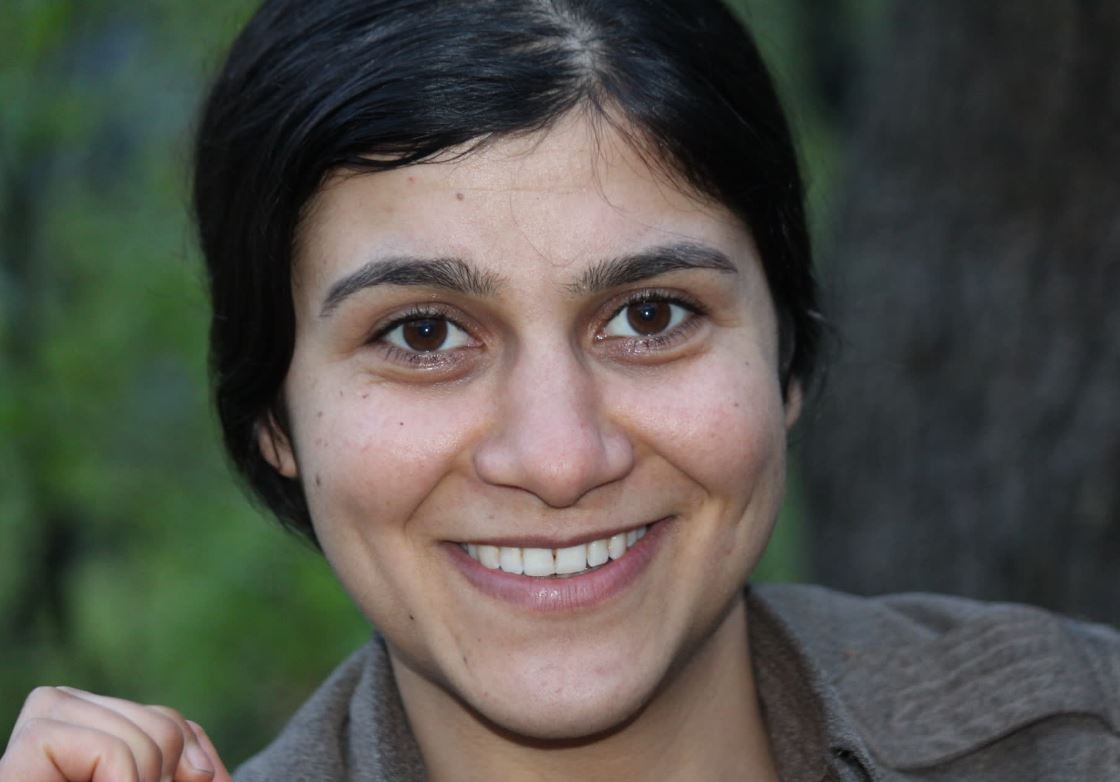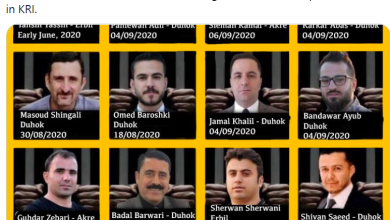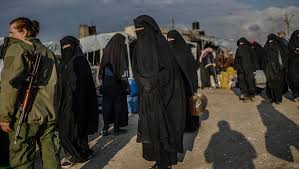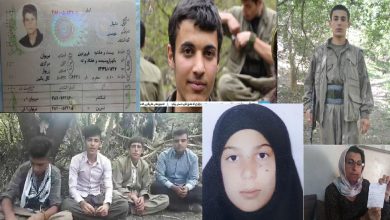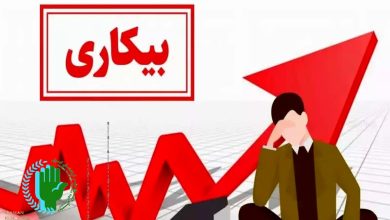Much has been said about the reasons for recruitment of youngsters by the PKK and PJAK. The children of such families, who can not bear the economic and social problems and of course the sometimes unreasonable and irrational pressures of their parents, seek refuge, but are unaware that the paths they choose are going nowhere and ruining their lives and the lives of their families, instead of building up more suitable living situations.
Young, impoverished people are suitable and comfortable prey for PJAK members, so that they can draw an image of a better future and life in that group, by maneuvering the emotions of these youngsters, and with empty and baseless promises, they can deceive them into joining the militant group.
But in the meantime, and according to many experts, PJAK’s job is to provide manpower for the PKK so that they can compensate for their recruitment deficit in Turkey in this way.
Hediye Tahai”, who became a member PJAK at the age of 18, experienced difficult conditions in that group, and her life was ended in the PKK’s war against Turkey, somewhere far from home, in a foreign environment she had never imagined ending up in.
Adolescents and young people who join these groups such as Hediye, also have tendencies that are normal for their age (such as falling in love, struggling with homesickness etc), but this is forbidden from the perspective of the leaders of the PKK and PJAK, and there should be no emotional connection between men and women in the group, and the recruit should be completely cut off from their families.
Such actions are carried out all over the PKK’s human rights violations against Kurdish citizens in the name of freedom and struggle for the Kurds, which is very regrettable!
On the other hand, the families of the victims of the “child soldier” policy have a lot in common in the above-mentioned groups, including the concerns and psychological damage inflicted on them after the announcement of the death of their children.
PJAK members deceive people under the age of 18 to recruit for the PKK, and after using them in their endless war, and of course, after a few years, the families will be informed of the death of their child only through social media, or a brief anonymous phonecall.
In several conversations with the Iranian Kurdistan Human Rights Watch, the families of the victims emphasized that PJAK’s behavior had caused great psychological damage to their family members, and made life very difficult and bitter for them. The loss of a child is unfathomable, especially when the family realizes their child has been tricked.
Now the question is why no international human rights organization and organization take a stand against these actions and behaviors of the PKK that violate human rights, and does not prevent the inhumane activities of its leaders ?! Concluding that these groups tend to establish diplomacy within Europe, and raise popular support there, pressure of European NGO’s could well change this phenomenon.
On the other hand, it should be noted the duty of Iranian government officials in this regard that if they do not take effective plans and measures in this regard, we can not expect that the life story of the future “Hediye Tahai’s” will not be repeated.
Iranian government officials and, of course, provincial officials should pay attention to the fact that if this situation continues and no action is taken by them, given the many economic and social problems that exist among Iranian Kurdish families, many more children will vanish. The above-mentioned militant groups are abusing said vulnerable situation, and will involve many more Iranian Kurdish families in the phenomenon of “child soldiers”, which could lead to an increase in the problems in the Kurdish areas.

